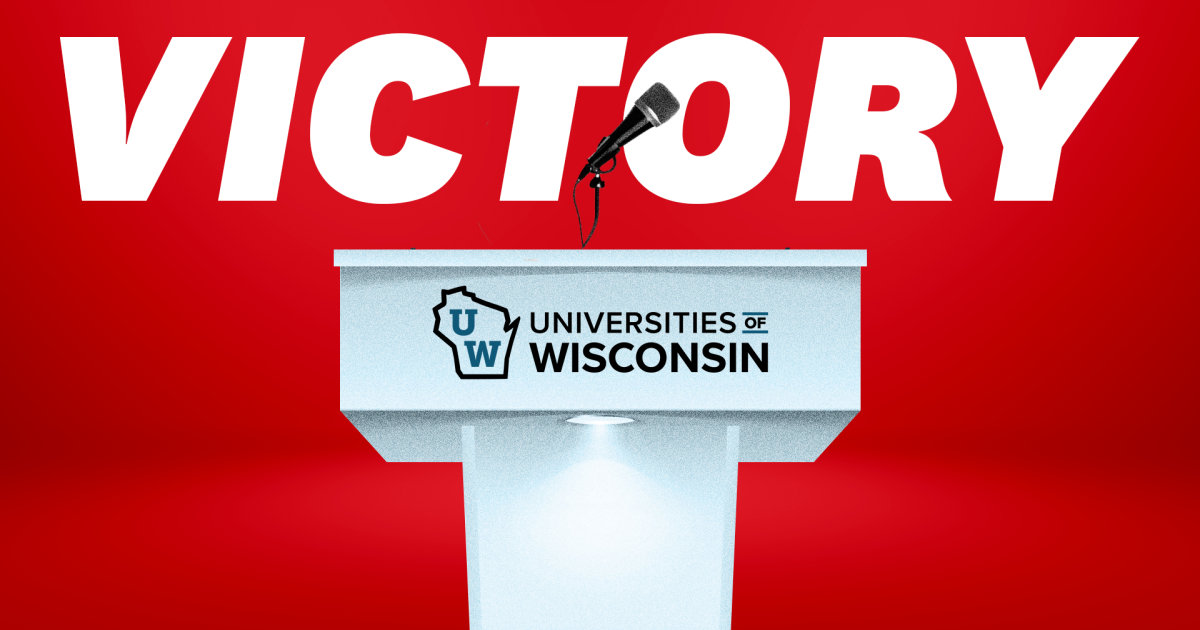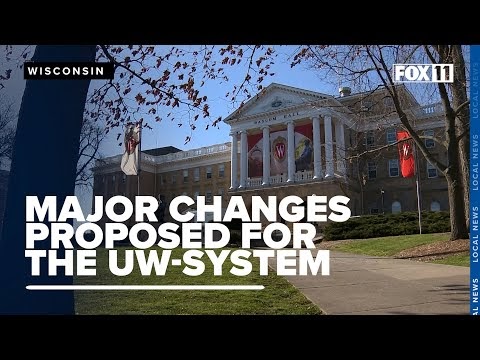Get stories like this delivered straight to your inbox. Sign up for The 74 Newsletter
Head Start child care providers in Wisconsin and five other Midwestern states were stunned Tuesday to learn that the federal agency’s Chicago regional office was closed and their administrators were placed on leave — throwing new uncertainty into the operation of the 60-year-old child care and early education program.
“The Regional Office is a critical link to maintaining program services and safety for children and families,” said Jennie Mauer, executive director of the Wisconsin Head Start Association, in a statement distributed to news organizations Tuesday afternoon.
The surprise shutdown of the federal agency’s Chicago office — and four others across the country — left Head Start program directors uncertain about where to turn, Mauer said.
“We have received calls throughout the day from panicked Head Start programs worried about impacts to approving their current grants, fiscal issues, and applications to make their programs more responsive to their local communities,” Mauer said.
The regional offices are part of the Office of Head Start in the Administration for Children and Families at the U.S. Department of Health and Human Services (HHS).
In an interview, Mauer said there had been no official word to Head Start providers about the Chicago office closing. Some program leaders learned of the closing from private contacts with people in the office.
“We have not seen official information come out” to local Head Start directors, who operate on the federal grants that fund the program, Mayer said. “It’s just really alarming. For an agency that is about serving families, I don’t understand how this can be.”
The National Head Start Association issued a press release Tuesday expressing “deep concern” about the regional office closings.
“In order to avoid disrupting services for children and families, we urge the administration to reconsider these actions until a plan has been created and shared widely,” the association stated.
Katie Hamm, the deputy assistant secretary for early childhood development at HHS during the Biden administration, posted on LinkedIn shortly before 12 noon Tuesday that she had learned of reduction-in-force (RIF) notices to employees in the Administration for Children and Families earlier in the day.
RIF notices appear to have gone to all employees of the Office of Head Start and the Office of Child Care in five regional offices, Hamm wrote, in Boston, New York, San Francisco and Seattle in addition to Chicago.
“Staff are on paid leave effective immediately and no longer have access to their files,” Hamm wrote. “There does not appear to be a transition plan so that Head Start grantees, States, and Tribes are assigned to a new office. For Head Start, it is unclear who will administer grants going forward.”
Hamm left HHS at the end of the Biden administration in January, according to her LinkedIn profile.
Mauer said regional office employees “are our key partners and colleagues,” and their departure has left Head Start operators “incredibly saddened and deeply concerned.”
Regional employees work with providers “to ensure the safety and quality of services and to meet the mission of providing care for the most vulnerable families in the country,” Mauer said.
The regional offices provide grant oversight, distribute funds, monitor Head Start programs and advise centers on complying with regulations, including for child safety, she said. They also provide training and technical assistance for local Head Start programs.
“The Regional Office is a critical link to maintaining program services and safety for children and families,” Mauer said. “These cuts will have a direct impact on programs, children, and families.”
In addition to Wisconsin, the Chicago regional office oversees programs in Ohio, Indiana, Illinois, Michigan and Minnesota.
Head Start supervises about 284 grants across the six states in programs that enroll about 115,000 children, according to Mauer. There are 39 Head Start providers in Wisconsin enrolling about 16,000 children and employing about 4,000 staff.
The federal government created Head Start in the mid-1960s to provide early education for children living in low-income households. Head Start operators report that the vast majority of the families they serve rely on the program to provide child care so they can hold jobs.
The regional office closings came two months after a sudden halt in Head Start funding. Head Start operators get a federal reimbursement after they incur expenses, and program directors have been accustomed to being able to submit their expenses and receive reimbursement payments through an online portal.
Over about two weeks in late January and early February, program leaders in Wisconsin and across the country reported that they were unable to log into the system or post their payment requests. The glitches persisted for some programs for several days, but were ultimately resolved by Feb. 10.
Mauer told the Wisconsin Examiner on Tuesday that so far, there have not been new payment delays. But there has also been no communication with Head Start operators about what happens now with the unexpected regional office closings, she said.
“No plan for who will provide support has been shared, and the still-existing regional offices are already understaffed,” Mauer said. “I’m very nervous to see what happens. With no transition plan this will be a disaster.”
In her statement, Mauer said the regional office closing was “another example of the Federal Administration’s continuing assault on Head Start” following the earlier funding freeze and stalled reimbursements.
She said closing regional offices was undermining the program’s ability to function.
“We call on Congress to immediately investigate this blatant effort to hamper Head Start’s ability to provide services,” Mauer stated, “and to hold the Administration accountable for their actions.”
Wisconsin Examiner is part of States Newsroom, a nonprofit news network supported by grants and a coalition of donors as a 501c(3) public charity. Wisconsin Examiner maintains editorial independence. Contact Editor Ruth Conniff for questions: [email protected].
Get stories like these delivered straight to your inbox. Sign up for The 74 Newsletter





